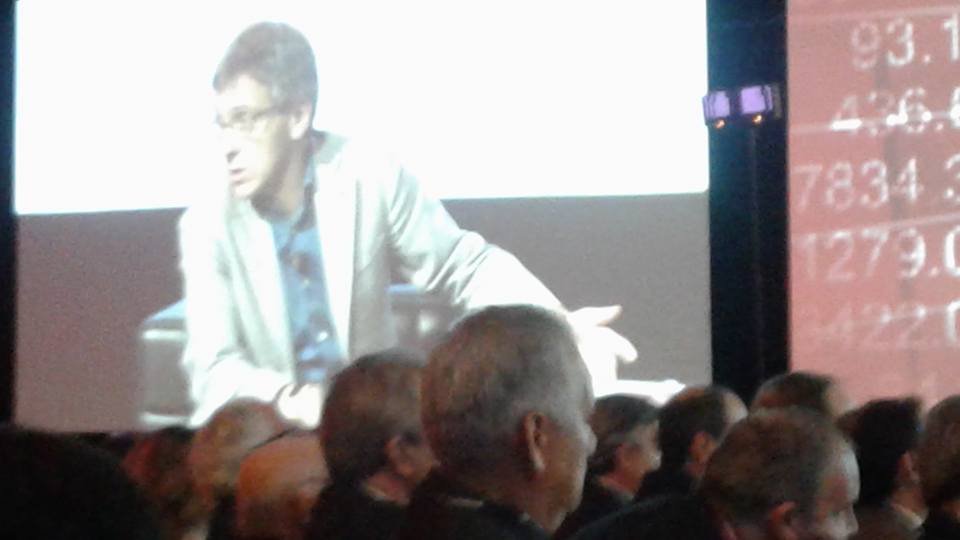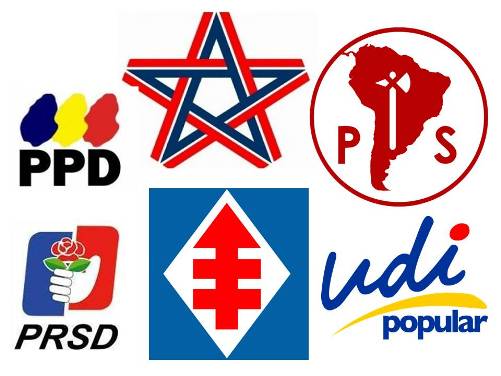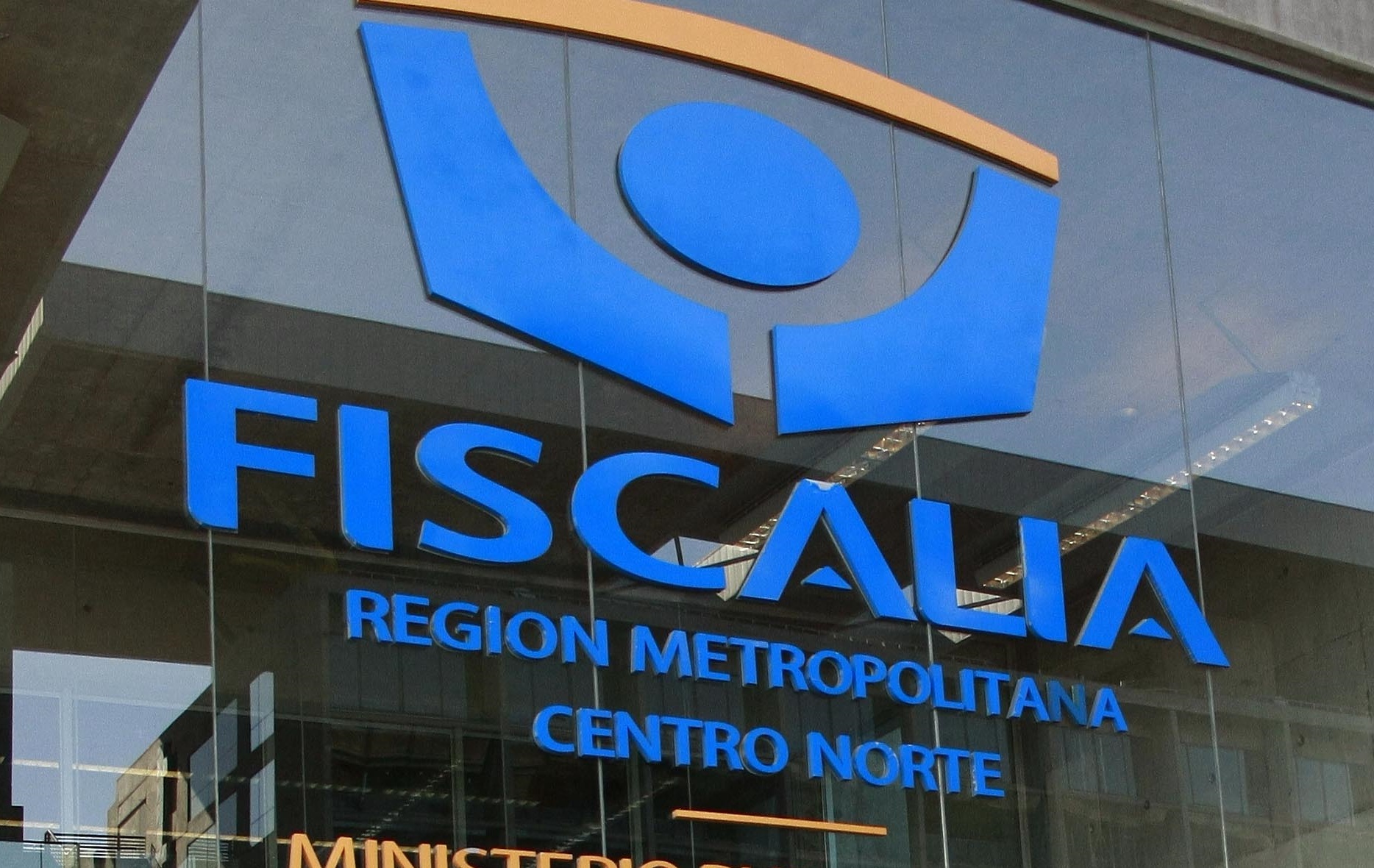On Ian Bremmer's visit to Chile

"2017: The Sum of All Fears” talk featuring Eurasia Group President & Political Risk Expert Ian Bremmer - organized by Scotiabank Chile and Diario Financiero newspaper - became one of those events experts and non-experts cannot possibly miss. Not only because Ian Bremmer is a most remarkable political scientist, columnist for TIME magazine, and Professor at NYU. At Eurasia Group, a political-risk consultant firm, experts cover issues of geopolitical importance for business and opinion leaders, the media, the government, and politicians. Ian Bremmer has become a voice of reason into an increasingly unstable world, which seems to thrive against the previous precepts ruling the market and politics in the recent decades. Professor Bremmer has termed this political turn as the Geopolitical Recession, and as such, it could last longer than an economic one. Country Risk Chile was at the talk and will attempt to explain the importance of his talk for a better understanding of the global scenario and for Chile.
(For more information on Eurasia Group see his Global Political Risks 2017. )


